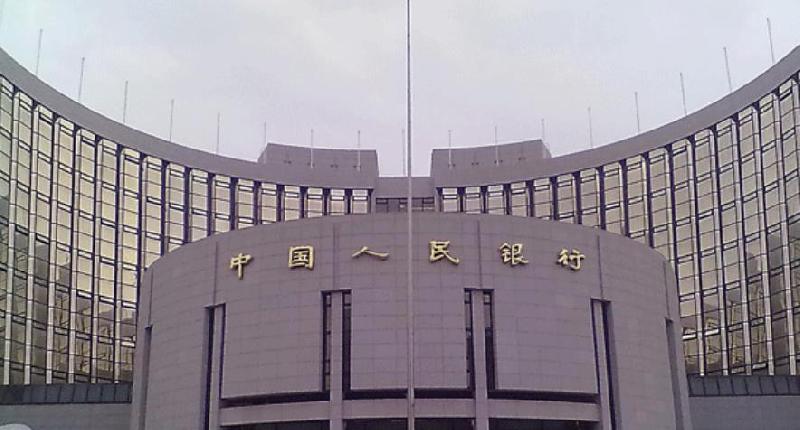
China’s central bank and Hong Kong Monetary Authority (HKMA) signed a memorandum of cooperation on September 20, aiming to facilitate the central bank to issue central bank bills in Hong Kong. They will continue to push forward relative work in the future.
The HKMA welcomed this move, which will help enrich the yuan-denominated financial products with higher credit grade in Hong Kong, improve yield curve of yuan-denominated bonds, and support offshore yuan business development in Hong Kong.
“This is the first time when the central bank issue bills in Hong Kong, which is an innovative try for the management over liquidity of offshore yuan.” Lian Ping, chief economist of Bank of Communications, said that offshore yuan liquidity was mainly managed by the HKMA in the past. But now the central bank can also directly join in the adjustment of offshore yuan liquidity and give full play on providing reasonable guidance for interest rate.
Stabilize offshore yuan exchange rate
The so-called central bank bill refers to a kind of monetary policy tool that the central bank adopts to adjust basic monetary in a bid to reduce the capitals which are available for commercial banks to lend. As one of the important liquidity management tools of central bank, it was once widely used to drain market liquidity.
Issuing central bank bills in Hong Kong will help the central bank adjust offshore yuan liquidity and stabilize RMB exchange rate. The central bank will carry it out for a long term. “The People’s Bank of China can also adjust offshore yuan liquidity and maintain market expectation through issuing central bank bills so as to keep yuan’s exchange rate basically stable above reasonably equilibrium level,” said Ma Jun at the central bank.
It is good news for the RMB exchange rate. "In the short-term, the issuance of central bank bills will, to some degree, tighten RMB’s liquidity on the offshore market, which may have the same effect on the market as an interest rate hike.” Zhou Hao, senior Asian economist with Commerzbank, wrote in an article that “once there are short-selling sentiment in the offshore RMB market. The issuance of central bank bills can raise the interest rate of the offshore renminbi market to increase the cost of shorting RMB. ”
The RMB exchange rate in the offshore and onshore markets rebounded shortly after the news was announced.
Central bank bills will play a role as benchmark for offshore RMB interest rate
The issuance of central bank bills will further enrich the products of the offshore RMB market. Lian Ping said that it adds a new RMB product, and institutional investors can invest in central bank bills in the future. This not only enriches Hong Kong's high-credit RMB financial products, but also helps to improve the bond yield curve of the offshore market in the RMB and promote the use of RMB in the international market.
“At some stage, the spread between offshore and onshore RMB interest rates is large, which will bring arbitrage space in the two markets. Now the central bank has a liquidity adjustment tool that can guide interest rates to a reasonable level and narrow the spread and to prevent large amounts of capital arbitrage," Lian Ping said.
On September 20, the overnight RMB Hibor reported 2.953 percent, 43.4 basis points higher than the overnight Shibor.
Zhou Hao said that if the central bank bills are issued on a large scale and rhythmically, it means that there will be system to guide offshore RMB interest rate which will help the market find the anchor of interest rates.
Translated by Coral Zhong & Vanessa Chen
























Latest comments